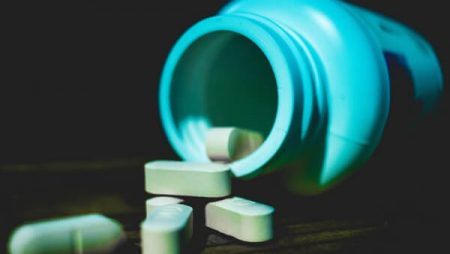



Get new exclusive access to healthcare business reports & breaking news




The FDA called on manufactures to enter a program meant to accelerate the innovation of medical devices targeting opioid addiction.
On May 30th, 2018, the U.S. Food and Drug Administration (FDA) made an unprecedented move to combat the country’s long-lasting opioid crisis, calling on manufactures to enter a program meant to accelerate the innovation of medical devices targeting opioid addiction.
The program is expected to generate an array of new medtech capable of detecting, treating and preventing addiction. This could take the form of an actual device, a diagnostic test, a mobile medical app or even new clinical decision support software.
What’s more, the challenge is open to products in any stage of development, from concept to testing, including devices currently on the market. Manufacturers have until September 30, 2018 to submit applications.
This initiative could help answer a paramount question: Is technology capable of reversing the deadly epidemic the U.S. healthcare system has been battling for years?
For many health innovators across the country, the race to find a tech-based cure for the opioid crisis began long before the FDA’s announcement.
For instance, in 2017, the FDA approved an Indiana-made opioid withdrawal device.
Opioid overdose deaths in the state of Indiana have risen by more than 500% over the past 15 years. In response, a team of physicians there began developing app-presented courses to instruct doctors and nurses about opioid prescriptions.
Several health startups have also joined the war against opioids.
Chicago-based Triggr makes an app that can determine when someone recovering from addiction is about to relapse by monitoring their phone use. It also assists patients in finding doctors and checks in with them between appointments.
SPR Therapeutic, in Cleveland, created a small device that brings relief from pain via low-voltage electrical pulses. Appriss Health, in Louisville, uses prescription drug monitoring programs to help anticipate improper prescribing of opioids.
These efforts, although admirable, have barely made a dent in the human and financial toll caused by the opioid epidemic. In 2016, more than 42,000 people died from opioid overdose.
The economic cost is just as staggering: more than $1 trillion in lost earnings and productivity losses to employers from 2001 through 2017. For the healthcare system, it has meant tremendous expenses: more than $215 billion since 2001.
In short, there is a huge amount of work left to do.
Some areas in desperate need of innovative solutions:
For CEOs in healthcare, this is a massive opportunity to get projects funded, establish themselves as trailblazers in the medical industry and gain nationwide recognition. All while helping millions.